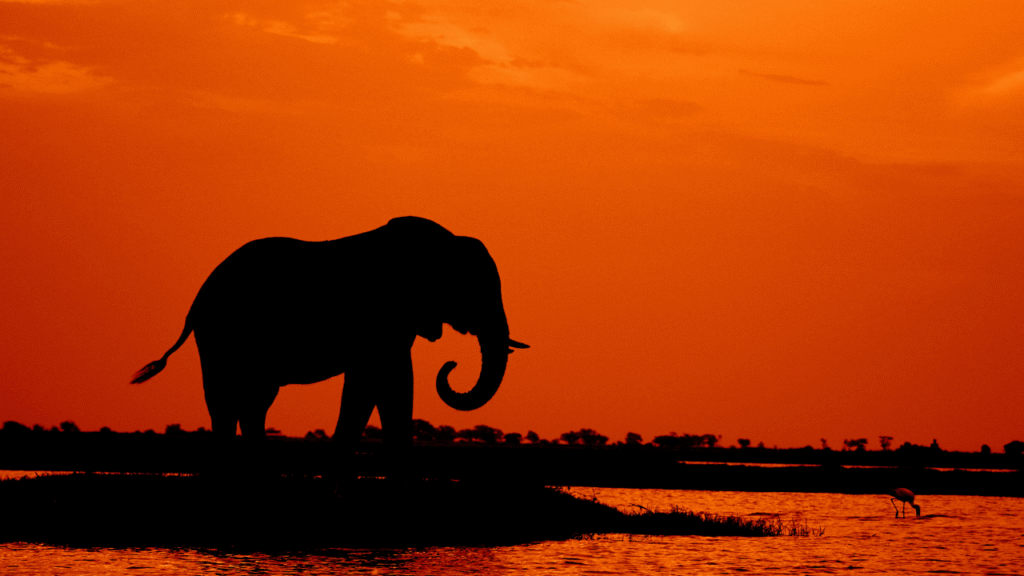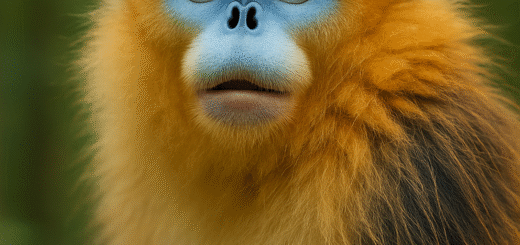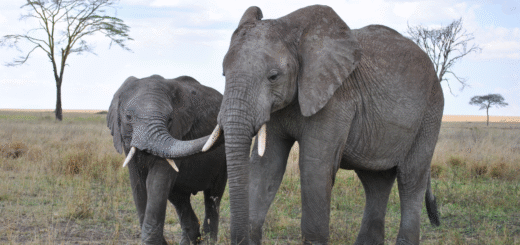How Elephants Grieve: Emotional Depth in the Wild That Will Change How You See Animals
When people think of grief, they often associate it with humans. But among the most emotionally intelligent animals in the wild, elephants stand out as beings capable of profound sorrow and deep connection. Their grieving behaviors have fascinated scientists, conservationists, and animal lovers for decades. This article explores how elephants mourn, why it matters, and what it teaches us about the emotional lives of wild animals.

Elephants and Their Strong Social Bonds
Elephants live in tight-knit matriarchal herds. These herds are built on deep trust, cooperation, and memory. Each member plays a role, from the wise matriarch to the playful calves. These bonds aren’t just for survival—they are emotional connections built over years.
When one elephant dies, the reaction of the herd is awe-inspiring and heartbreaking. Elephants will often gather around the deceased, touching the body gently with their trunks, staying silent, and even swaying gently in mourning. These aren’t random behaviors—they are signs of deep emotional distress and grief.
Rituals of Mourning in the Wild
Elephants have been observed performing what many call “mourning rituals”:
- Lingering at the site of death: Herd members often stay with the body for hours, even days.
- Touching bones: Elephants show a mysterious and consistent interest in bones of deceased relatives, especially the skull and tusks.
- Silent behavior: Usually vocal animals, they become quiet and subdued.
- Attempting to revive the body: Some have been seen nudging or lifting the dead with their trunks, as if trying to wake them.
Even more incredible, elephants have returned to the site of death weeks or months later, showing memory and continued mourning—something very rare in the animal kingdom.
Emotional Intelligence Beyond Grief
Grief is just one of the many ways elephants show emotional intelligence. Studies show they can:
- Recognize themselves in mirrors, a trait linked to self-awareness.
- Comfort distressed herd members, especially young ones.
- Mourn stillbirths or infants who die shortly after birth, often carrying the dead calf for days.
These behaviors point to something clear: elephants feel deeply. They experience loss in ways that are shockingly similar to humans.
What This Means for Conservation
Understanding elephant grief changes how we treat them.
- Captive elephants separated from their herds may suffer from long-term trauma.
- Poaching doesn’t just remove one elephant—it emotionally devastates an entire herd.
- Conservation efforts now recognize the emotional and social needs of elephants, not just their physical well-being.
Every time an elephant is killed, a network of emotional pain is unleashed in the wild—a reality that adds weight to conservation battles across Africa and Asia.
Why We Should Care
Elephants challenge the belief that humans alone possess complex emotions. Their grief reminds us that we are not the only creatures who love, remember, and mourn.
As we better understand elephant behavior, we are forced to confront a deeper truth: emotional life is not exclusive to humans. Protecting elephants means protecting a species that feels—and perhaps even remembers—more than we ever imagined.
Final Thoughts
Grief in elephants is not a myth—it’s a well-documented reality that reveals their emotional depth. From silent vigils to the gentle touch of a trunk, these majestic animals teach us about love, loss, and loyalty in the rawest form.
If we recognize their pain, perhaps we’ll be more motivated to stand for their protection, not just as endangered animals, but as sentient, feeling beings.








